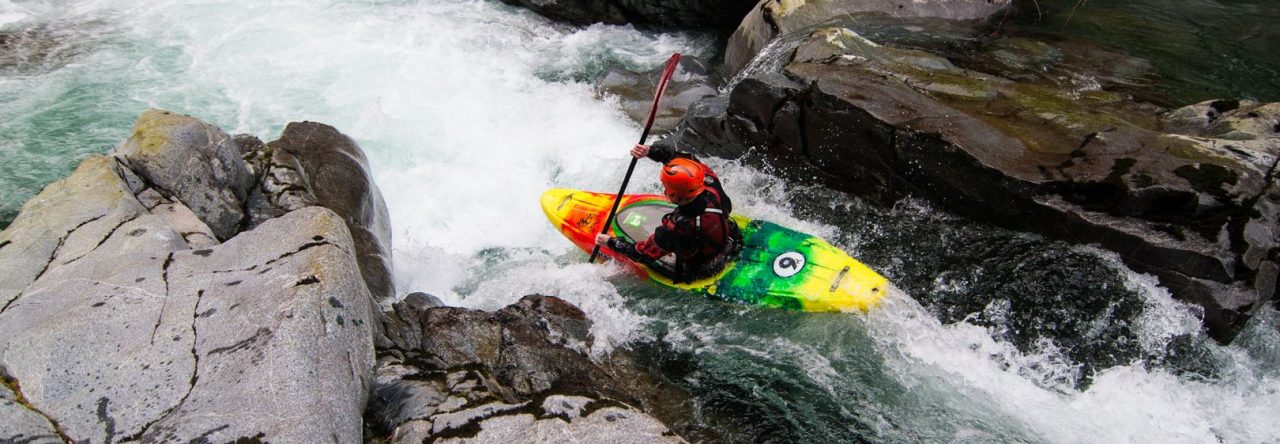A World View Shaped by Privilege
I constantly feel the effects of my privilege being born as a Canadian. I think that coming from privilege, I have responsibility to both live my life to the fullest and, once I create a more stable position for myself financially and socially, to help others have higher quality of life. I was raised by activists against the American involvement in the Nicaraguan Revolution turned environmentalists. I see the large amounts of they can change the lives of others now that they have developed influence through policy change as opposed to on the more direct approach of protest. I also have been able to travel quite a bit growing up having visited over 25 countries, most of which we were able to see real poverty and interact with locals. My mother speaks Spanish fluently and it has given us access to many wild and very real experiences in South and Central America. My view of my twenties and thirties is to explore and learn as much about the world as possible. By experiencing the world in as may ways as I can I hope that my later in life efforts of change will be better directed and not solely focus on my reality but that of those who need help.
My Research Philosophy
In my research, I think that positivist approaches can be used to influence others. I personally find the quantification of human perspective reductionist but, when I comes to representing the impact of communities on nature it can give the reader hard and memorable evidence with larger sample sizes. I think quantifying the damage or benefit of commercial operations will also give repeatable benchmarks for the industry/community to try to improve upon. Another reason positivism fits into my own work is because science will be integrated into my writing. Through the Bachelor of Interdisciplinary Studies I am required to blend multiple perspectives on my program. It would be unjust not to include the biological perspective on river protection which requires the scientific method. I will also explore my topic from a hermeneutic approach when I try to discover the relationship between commercial operators and the whitewater communities that surround them. Qualitative data will be incredibly important as perspectives will be very vast and will require understanding to see behind motivations in user groups.
I see my perspective on the world as being rooted in critical theory. The protection of wild spaces and rivers is incredibly important for dismantling imbalances in power. Canadians have the right to wilderness regardless of socio-economic status and the beauty of our parks is universal. That being said I see issues of access being prevalent even in our own country. Right now adventure tourism is most available to those with time off and disposable income. It is billed as a luxury when I believe the outdoors are a right. Initiatives to include LGBTQ+ in the adventure world have started but until we incorporate the wild into our daily lives and all of society the learning we gain through adventure may only benefit the privileged. Mark Wallin talked about critical research being by it’s nature the research of protest, I hope my work empowers the environment who has no voice of it’s own. I see the voice of environmentalists as the voice of future generations. I think placing yourself in your research, as critical theory does, incredibly important. I feel my own perspectives on adventure shape the research I do and that my upbringing will probably create assumptions and bias in my own work even if I try to eliminate them. While the river is a powerful teacher to me, I understand that to others it is a source of fear, or to the remote a source of life. We can not analyse the importance of anything without realizing that we are just on pixel in the image of a concept.
